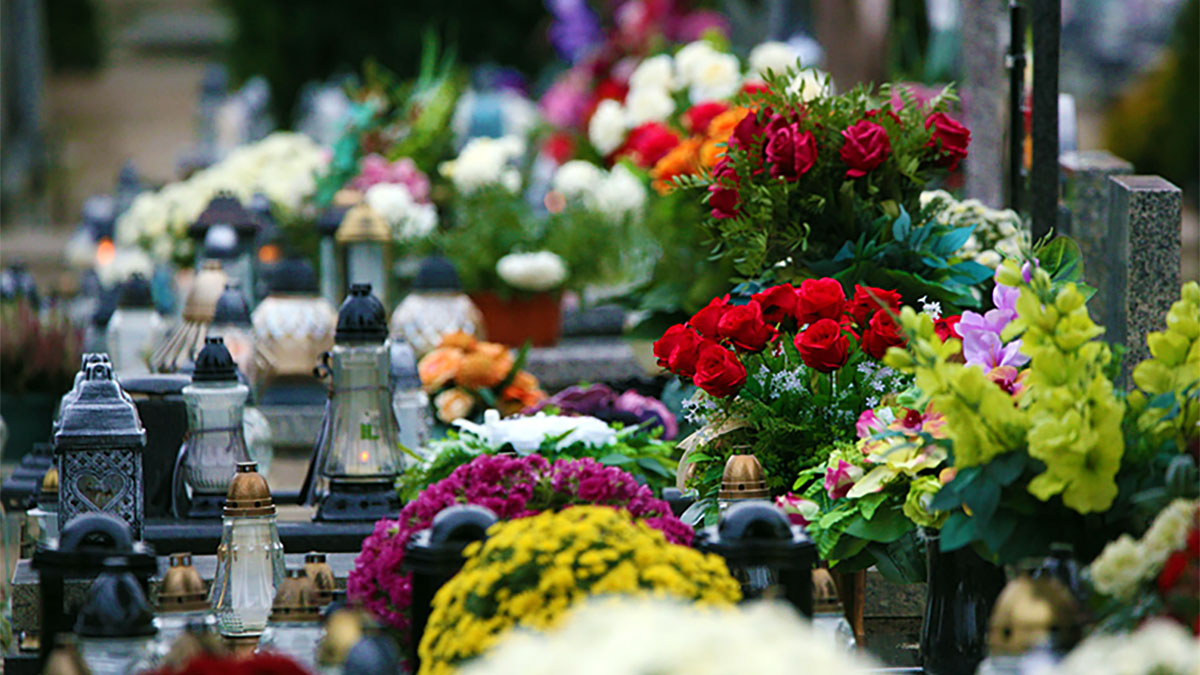- Home >
- POLISH AMERICANS NEWS >
- Polonia World News
Prayer and Gratitude – The Polish Tradition of All Saints' Day at Home and Abroad

"Our remembrance of loved ones extends also to those who have played significant roles in our history. It's a beautiful thing that we remember them," said Father Professor Przemysław Kantyka, Dean of the Faculty of Theology at the Catholic University of Lublin, in an interview with Family News Service. He highlighted the unique way that Poles honor the memory of the deceased, both within Poland and around the world.
"Our remembrance of loved ones extends also to those who have played significant roles in our history. It's a beautiful thing that we remember them," said Father Professor Przemysław Kantyka, Dean of the Faculty of Theology at the Catholic University of Lublin, in an interview with Family News Service. He highlighted the unique way that Poles honor the memory of the deceased, both within Poland and around the world.
While visiting graves is not exclusively a Polish custom, it is imperative in Poland. Fr. Kantyka points to two key reasons: "First, it expresses our love for those who have crossed the threshold between life and death. We want to keep a spiritual connection with them. Second, for believers, it also expresses our faith in eternal life."
Honoring Ancestors as Part of Polish Identity
Historically and today, Polish people carry their identity wherever they go. Fr. Kantyka noted, "Those born into Polish families inherit our national and religious traditions, including how we honor the deceased."
In some countries, preserving the memory of the departed is more challenging. Protestant nations, for instance, generally don't have traditions for venerating saints. In Orthodox regions, prayers for the dead occur at different times than in Poland. However, as Fr. Kantyka emphasized, "wherever there are Polish graves, Polish communities eagerly and often visit cemeteries." Even if family graves aren't nearby, Poles abroad continue this tradition, remembering their loved ones from afar.
Visiting Graves, Not the Departed
When Christians visit graves, they understand that only mortal remains lie there, while the souls of the deceased, alongside the saints, are in heaven or undergoing purification in purgatory. Dwelling in a different realm, they support those still on earth. "This connection is known as *communio sanctorum*," explained Fr. Kantyka, "the communion of saints. It's a mutual exchange of spiritual gifts: they pray for us, and we pray for them."
Gratitude to Our Ancestors
Visiting cemeteries is also a way of expressing gratitude. "Remembering our ancestors, who entrusted this homeland to us, is invaluable. We are now responsible for caring for it with full commitment and love," Fr. Kantyka emphasized.
Remembering What Matters Most
"It is not the size or number of candles we place, nor the flowers on the graves that truly help our departed loved ones. Real assistance comes from our prayers—from sincere prayer and the communion of saints we uphold," said Fr. Kantyka. "They wait for this because even if we set countless candles and decorations, without prayer, we're merely satisfying our aesthetic sense or inner longing. Such gestures don't provide true support. Prayers, offered with faith, are essential to honoring these sacred days," he concluded.
BUSINESS ONLINE CATALOG
